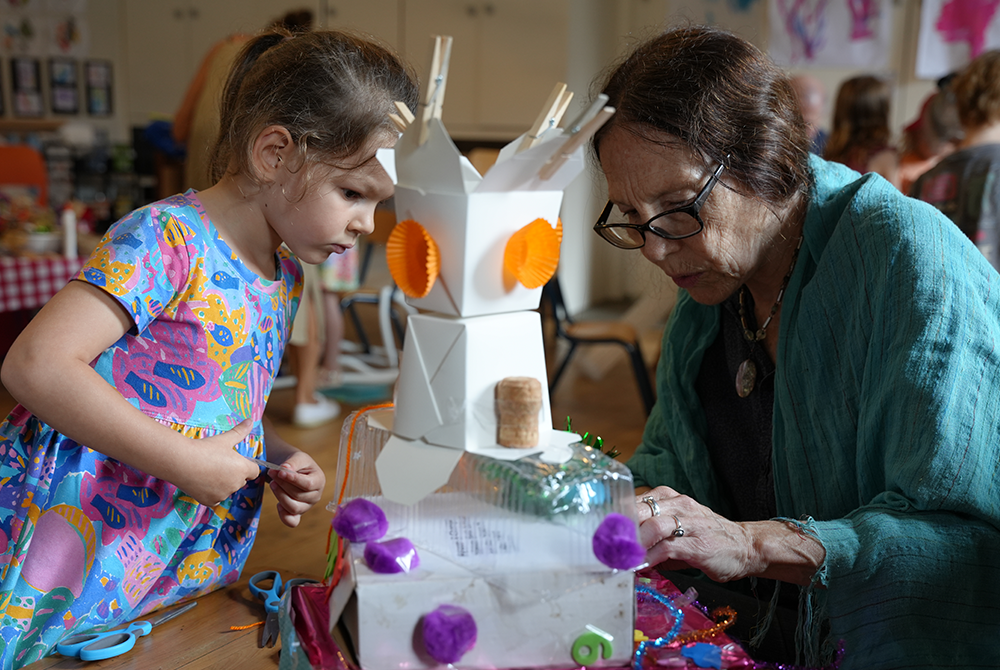Brain Health program secures MRFF grant to trial intergenerational study in mild cognitive impairment

A George Institute program researching ways to transform care for people with mild cognitive impairment (MCI) has been awarded $944,000 from the NHMRC Medical Research Future Fund.
Headed by Professor Ruth Peters, Program Lead in Dementia, part of the Global Brain Health Initiative at The George Institute for Global Health, and Conjoint Professor at UNSW Sydney, the INCLUSIVE study aims to develop a community-based approach to managing MCI, with input from people who have lived experience of the condition.
MCI, which involves minor but noticeable memory loss or cognitive changes, is a key risk factor for dementia. While MCI itself does not usually interfere with daily tasks, it can harm mental health, independence, and overall wellbeing.
About half a million Australians are living with MCI, and that number is expected to grow as the population ages. Up to 92% of cases of MCI go undiagnosed, and stigma surrounding dementia prevents people from seeking help, meaning many people with MCI miss out on care and support. With limited specific treatments available for MCI, it is important to focus on developing community-based programs and non-drug based solutions.
Evidence shows that people who have mild cognitive impairment and their caregivers value activities that bring wellbeing and social engagement, and improve mood and cognition, but are currently missing community-based activities that provide these benefits.
Intergenerational programs that bring together older adults and children to engage in activities of mutual learning, connection and support have potential to offer these benefits. Our program will be the first develop a targeted community-based intergenerational program designed to support the MCI population.By:Professor Ruth Peters
Program Lead for Dementia, Global Brain Health Initiative
The INCLUSIVE study will test the impact of community-based activities on wellbeing and quality of life, and create public health recommendations based on the results. The 15-week program will include weekly sessions during preschool hours, incorporating physical, cognitive, and social activities to support balance, memory, and teamwork between older adults and children. Weekly themes will keep the sessions engaging, and a respite area will be available for caregivers, who will not participate in the activities.
Through the INCLUSIVE study, we want to focus on wellbeing, responding to feedback from people with lived experience who emphasised its importance to them.
The goal is to develop community-based programs that help individuals with MCI live more fulfilling, connected lives, offering a meaningful, person-centred approach to optimising quality of life.By:Professor Ruth Peters
Stay connected and updated
Subscribe to our mailing list for the latest news, events, and updates in health research.

